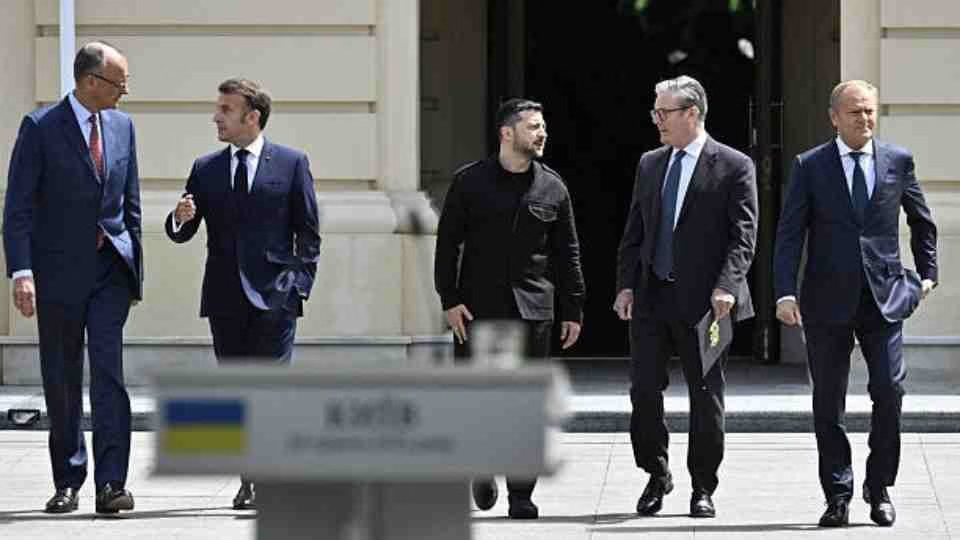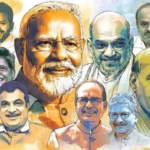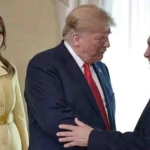Ukrainian President Volodymr Zelensky has leveled sharp criticism at Moscow, claiming that Russia is actively working to sabotage potential peace negotiations and extend the ongoing conflict. His comments come amid a flurry of diplomatic activity initiated by US President Donald Trump, who is attempting to orchestrate a meeting between the two warring leaders.

Trump’s Diplomatic Challenge
The American president has found himself grappling with what he describes as one of the most challenging conflicts he has attempted to resolve. Following his characterization of the Putin-Zelensky dynamic as being “like oil and vinegar… they don’t get along too well,” Trump has nevertheless pressed forward with efforts to bring the leaders to the negotiating table.
The diplomatic push began in earnest after Trump’s meeting with Putin in Alaska, followed by discussions with Zelensky and European leaders in Washington. Despite announcing arrangements for a potential Putin-Zelensky summit that he would subsequently join, significant obstacles remain.
Conflicting Positions Emerge
Russian Foreign Minister Sergei Lavrov has pushed back against the momentum, stating that while Putin remains open to talks, “the agenda is not ready at all.” Lavrov accused the Ukrainian president of blanket rejection, claiming “Zelensky said no to everything” during recent diplomatic exchanges.
The Russian position centers on several key demands, including Ukraine’s permanent exclusion from NATO membership and discussions regarding territorial concessions. Lavrov suggested that while Moscow demonstrated flexibility on issues raised by Trump during their Alaska meeting, Ukraine failed to show similar adaptability in Washington.
In contrast, Zelensky has embraced the prospect of leadership meetings, declaring that “Ukraine, unlike Russia, is not afraid of any meetings between leaders.” However, he has made clear that Ukraine’s participation hinges on receiving robust security guarantees from Western allies.
NATO’s Role in Security Guarantees
During a visit to Kyiv, NATO Secretary General Mark Rutte outlined the alliance’s support for Trump’s efforts to “break the deadlock.” Rutte emphasized that NATO is collaborating with the US and European partners to develop comprehensive security guarantees designed to ensure “Putin will never ever try to attack Ukraine again.”
Zelensky has indicated his desire for security arrangements that mirror NATO’s Article 5 collective defense provision, which treats an attack on one member as an attack on all. The Ukrainian leader acknowledged the complexity of such arrangements, noting they must encompass both Western commitments and Ukraine’s military capabilities.
The NATO chief stressed that previous security agreements, including the 1994 Budapest Memorandum where Ukraine surrendered its nuclear arsenal in exchange for security assurances, had failed to prevent Russian aggression. Rutte insisted that lessons from these past failures would inform current guarantee discussions.

European Skepticism
EU foreign policy chief Kaja Kallas has warned against territorial concessions, describing them as a “trap that Putin wants us to walk into.” She emphasized that Russia has offered no concessions despite being the aggressor in the conflict, raising questions about the sincerity of Moscow’s diplomatic engagement.
Continued Military Action
The diplomatic efforts proceed against a backdrop of ongoing violence. Russia conducted one of its most intensive attacks in recent weeks, launching 574 drones and 40 missiles in a single night. Simultaneously, Ukrainian forces struck back, targeting an oil pumping station in Russia’s Bryansk region that serves the Druzhba pipeline, disrupting oil supplies to Hungary and Slovakia.
This attack on energy infrastructure has drawn complaints from the affected EU member states and prompted Hungarian Prime Minister Viktor Orban to reach out to President Trump. Trump’s handwritten response expressed anger about the pipeline attack and solidarity with the Hungarian leader.
Uncertain Prospects
Despite Putin’s optimistic assessment that there is “light at the end of the tunnel” for Russia-US relations following his Alaska meeting with Trump, concrete progress toward a peace summit remains unclear. The Russian leader praised Trump’s “leadership qualities” but made no mention of Ukraine or potential talks with Zelensky.
Zelensky, meanwhile, maintains cautious optimism about the diplomatic process, describing his Washington meetings as successful despite acknowledging uncertainty about the ultimate outcome. He emphasized that while the current efforts represent only “the first step,” they demonstrate improved unity between the US and European partners compared to previous weeks.
The path forward remains fraught with challenges as both sides maintain seemingly incompatible positions on fundamental issues including territorial integrity, security guarantees, and Ukraine’s future alignment with Western institutions.






